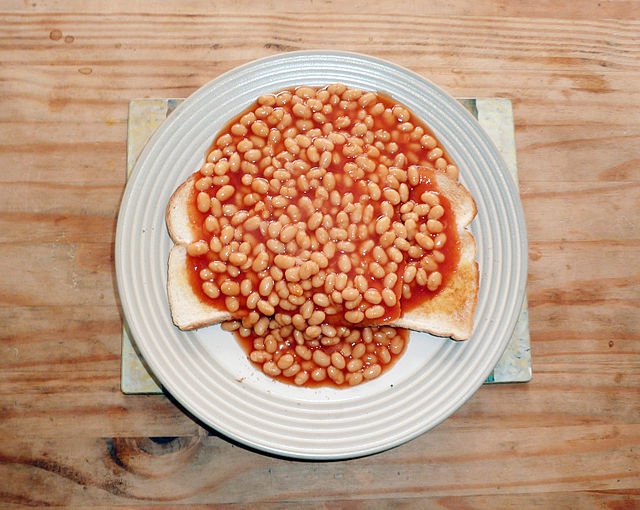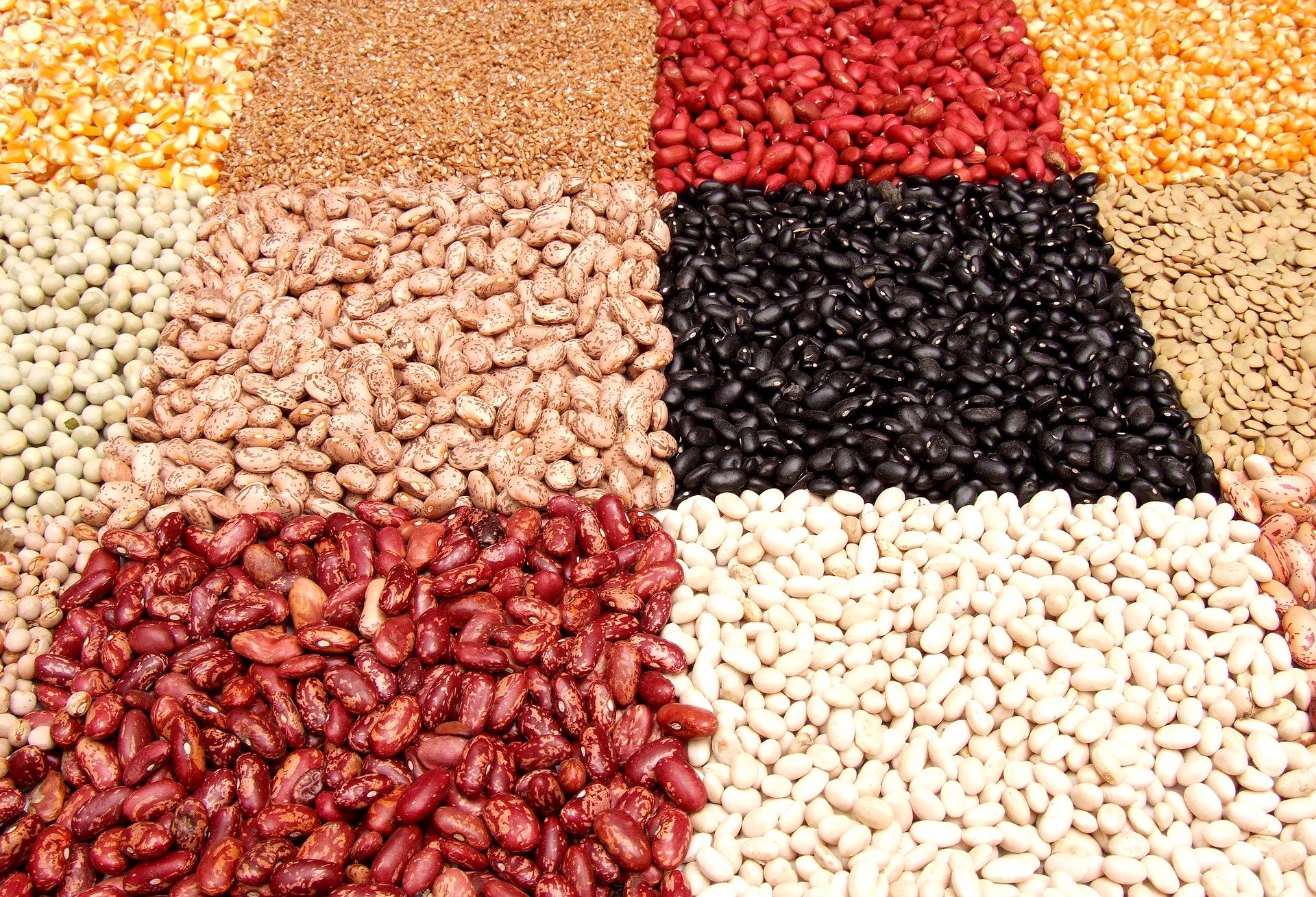Two Birds with One Stone II - Full of Beanz
Beans on toast. (Image credits: Wikimedia Commons.)
Columnist Pippa Mentzel explores the brilliant and bizarre linguistic phenomena of idioms to uncover what they show us about our cultural heritage and how our imaginative human mind revels in describing the world around us. In the second instalment, Pippa talks us through the origins and usages of two bean-related idioms.
Spill the Beans
Having now got through more tins of baked beans in my time as a student than I have fingers on my two hands, I thought it would be appropriate to mark this occasion with a double edition of bean-themed idioms.
The first of which is one of my favourite idioms: spill the beans. This idiom is defined by the Cambridge Dictionary (big up the light blues!) as “to tell people secret information”.
When I say or hear this idiom, I picture a multitude of those glorious little golden haricots drenched in burnt orange jus seeping out the top of an upturned crisp clean corrugated aluminium can.
The beans in question, however, were most likely uncooked.
In Ancient Greece, the founding fathers of democracy, an early system of voting seemed to involve beans. The citizens eligible to vote would be given two beans – white or black/brown. The white beans would typically mean a yes and the black or brown bean would mean a no. The voter would then place one of the two beans into a large jar. This system was put in place in order to have some level of secret ballot. Therefore, if the jar was accidentally knocked over, then this secret ballot would be revealed prematurely because the beans had been spilled.
Little is known about exactly how this idiom spread and survives today. The earliest instances of the idiom being used come from America in the early 1900s. For example, The Van Wert Daily Bulletin, from 1911: “Finally Secretary Fisher, of the President’s cabinet, who had just returned from a trip to Alaska, was called by Governor Stubbs to the front, and proceeded, as one writer says, to ‘spill the beans’.” One theory as to why this idiom didn’t arise until the 20th century is perhaps because the Greek voting system was only discovered then. However, others argue that it is because the idiom has nothing to do with the Ancient Greeks. Instead, the word spill to mean “tell/talk/reveal” has been documented since the 16th century. Therefore, beans may have simply been added to make this verb into a more visual and creative phrase.
I think this wonderful idiom is being overtaken by tea, but here I am, sat nursing my latte in Waterstones café, and believe that nothing is quite like a bean.
String bean assortment. (Image credits: pixabay.)
C’est la fin des haricots “It’s the end of the beans”
This French idiom literally translates as “the end of the beans” and means that the situation is a complete disaster, and all hope is gone. The exact time of origin is unknown, but it was in usage by the early 1900s.
Early WW1 uniform of a French soldier. (Image credits: Wikimedia Commons.)
I’m not entirely sure why, but when I first came across this idiom, I vividly pictured a Napoleonic general, adorned in a subtly crumpled blue jacket, scarlet sash and all the golden piping, towering over his model army and screaming to his officers, with intense, bloodshot eyes, “c’est la fin des haricots!”
The idiom originates as beans were the staple food of the masses. Beans were cheap and filling and could be dried for reserves in times of need. Therefore, when the beans had been used up, this was a real threat, as it meant that all your food had gone.
I give you two challenges today:
to take a moment to appreciate all the wonderful beans that we have on our plates
to slip it’s the end of the beans into your conversation


